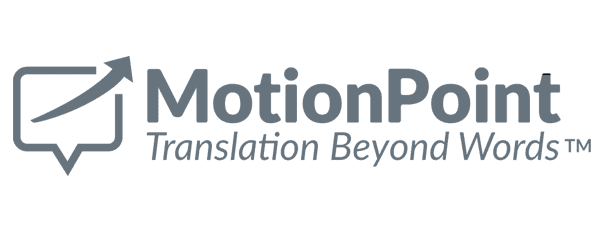




When it’s time to translate their website for global markets, many companies consider using Google Translate, and automated machine translation service. It’s certainly fast and affordable … but it can also be inaccurate, resource-intensive and technically challenging for ongoing use.
There are better ways to tackle website translation that are still cost-effective and:
Let’s dive in to learn more.
When you expand into new global markets, you need to speak the local language. You also need potential customers in those new markets to easily find you on the web if they don’t know who you are.
Google Translate focuses on swapping out the words and language on your site, but it doesn’t create searchable, indexable versions of those translated pages.
It doesn’t translate any of the SEO-rich structured data behind your site, either. That’s the stuff that helps websites rank in search engines. It won’t appear in relevant search results over the long haul.
Google Translate won’t translate the SEO-rich structured data that helps your rank and relevance in search results.
Consider all the SEO and brand-building work you’ve done over the years for your flagship site. Using Google Translate, none of that will ever apply to your localized websites. Your global customers will struggle find you online. That’s a big problem.
But the shortcomings continue:
Google Translate can’t account for adapting translations for the design of your site. If your translated content is too long for your original web page template, your beautiful site design ends up disrupted. This wrecks the user experience, and can create functionality issues.
Google Translate poses another risk to your UX: it has the potential to break your site’s JavaScript functionality.
Google Translate can’t handle multimedia content, like images, video captions or content from other applications. You’ll end up with a disjointed, mixed-language online experience that can instantly alienate customers.
Machine translation often lacks the human quality, accuracy and personality you need. If you’re serious about building authentic relationships with global customers, machine translations almost always fall short.
To account for all of that, you’ll need to engage more people on your team to review the machine-translated content, ensure its accuracy and adapt the translated site to fit your design. That costs time and money.
And after all of that, you still won’t have an indexable version of your translated content, which hinders your ability to be discovered by customers in your new global markets both today and over time.
But there’s a better way to translate your site, and MotionPoint has it.
MotionPoint takes a different approach to website translation, combining superior technology and human expertise to deliver a comprehensively translated site for your global business.
Here’s just a few key advantages of our methodology:
Searchable results: MotionPoint presents your translated content and all of its metadata on a distinct, indexable URL that local and global search engines—and humans—can find in the translated language.
Multimedia flexibility: Our translation technology and linguists can localize images, captions, embedded text and even content from other applications. You’ll never have a clumsy mixed-language experience on your site.
Adaptability: Sometimes translated content doesn’t fit the design for your original language site because the words just take up more space. Google Translate won’t fix that, but we will.
Translation quality: Machines just can’t account for brand voice, cultural nuance, local idioms, and other subtle but important things in language. MotionPoint’s expert translators can.
Cost-effectiveness: We’ll also build a translation memory database of everything you translate with us, so you can use that content in any channel, any time, as many times as you wish at no additional cost. This saves you time and effort.
Machine translation services like Google Translate can be handy for quickly translated words and phrases you might need on the fly.
But for large-scale website translation, machine translation technology just isn’t enough. You need a solution that can translate all of your most important content, accurately, and ensure that the results content can be found by your current and potential customers on the web.
MotionPoint’s proxy technology approach is the superior, cost-effective and flexible way to ensure top-quality content translation, independent and indexable results, and a multilingual experience for your users that they—and your global brand—deserve.